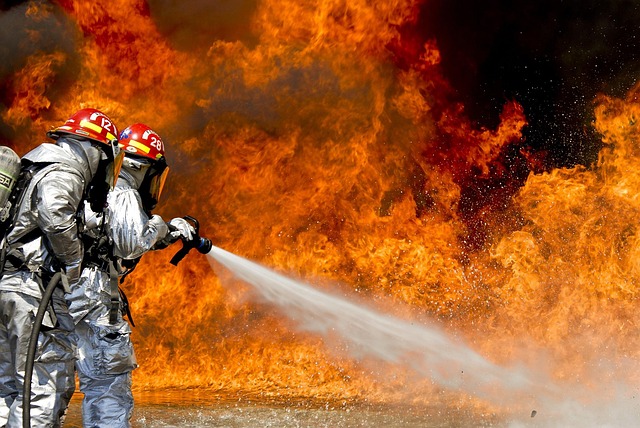When selling your house after a fire in California, strictly adhere to disclosure laws aimed at transparency and buyer protection. Divulge all structural damage, environmental hazards (like smoke/soot), asbestos risks, post-fire repairs, and relevant documentation to ensure a smooth buying process and foster trust.
“In the aftermath of a fire, selling your house in California comes with unique challenges, including stringent real estate disclosure laws. This comprehensive guide navigates the intricate regulations that protect buyers and sellers alike, offering invaluable insights for those looking to sell their damaged properties. From understanding California’s disclosure requirements post-fire to providing thorough disclosures, this article ensures you’re prepared to smoothly transition your home into someone else’s hands.”
- Understanding Real Estate Disclosure Laws in California After a Fire
- Selling Your House: A Comprehensive Guide to Post-Fire Disclosures
Understanding Real Estate Disclosure Laws in California After a Fire

After a fire, selling your house in California involves navigating complex disclosure laws designed to protect potential buyers. These laws require sellers to disclose any known defects or hazards that could impact a buyer’s decision to purchase a property. In the aftermath of a fire, this includes revealing structural damage, as well as any environmental concerns like smoke and soot residue or asbestos exposure risks.
California’s real estate disclosure laws mandate that sellers complete a standard disclosure form, providing transparency about the property’s condition. This process becomes even more critical when selling a home after a fire, as buyers will be cautious of potential lingering issues. Sellers must disclose any repairs made post-fire and provide relevant documentation to assure buyers that the property is safe and compliant with local building codes.
Selling Your House: A Comprehensive Guide to Post-Fire Disclosures

When it comes to selling your house after a fire in California, there are specific disclosure laws you must adhere to. These regulations are designed to ensure transparency and protect potential buyers from undisclosed hazards, especially post-disaster properties. If you’ve experienced a fire at your residence, you’ll need to disclose all relevant information that could impact a buyer’s decision, including the extent of damage, remediation efforts, and any potential residual risks.
In California, sellers are legally obligated to reveal any known issues or repairs required due to fires. This includes providing details about structural integrity, electrical systems, plumbing, and any safety features. A comprehensive disclosure should also address if professional inspections have been conducted and the findings reported. By being thorough in your disclosures, you facilitate a smoother buying process, fostering trust between sellers and buyers after a fire has affected the property.
When selling your house after a fire in California, navigating disclosure laws is crucial. Understanding these regulations ensures transparency and protects both buyers and sellers. By thoroughly documenting the property’s history and any remaining effects, you can facilitate a smooth transaction. Remember that knowledge is key; familiarize yourself with post-fire disclosures to make the process as efficient and honest as possible when selling your house in California.






